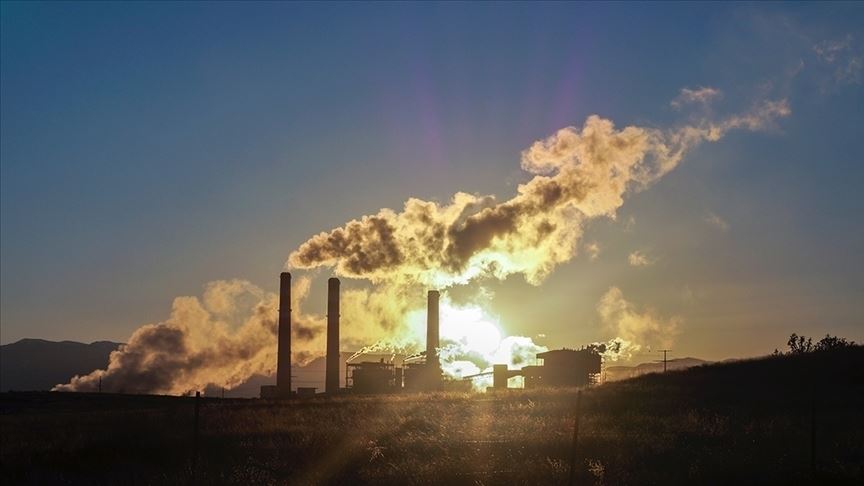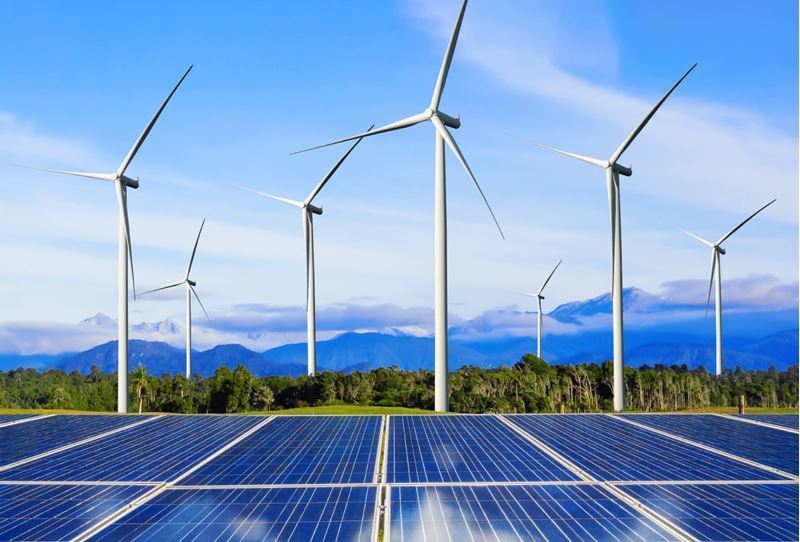The Global Carbon Budget report, prepared by the Global Carbon Project with researchers from the University of Exeter, the University of East Anglia, the CICERO Institute and Stanford University, was announced at the 26th Conference of the Parties to the United Nations Framework Convention on Climate Change (COP26).
According to the report, carbon emissions from fossil fuels decreased by 5.4 percent compared to 2019, due to the restrictions applied last year due to the epidemic. Emissions from fossil fuels are predicted to increase by approximately 5 percent compared to last year and reach 36.4 billion tons at the end of this year, approaching the pre-epidemic level. , China's emissions are expected to increase by 5.5 percent over the same period.
It is calculated that India's carbon emissions will increase by 4.4 percent. China accounts for 31 percent of the world's fossil fuel carbon emissions, and the USA for 14 percent. The EU and India each have a 7 percent share in fossil fuel-based carbon emissions. Taken together, fossil-fuel-sourced carbon dioxide emissions are below the 2019 level. Forests have prevented 9.9 billion tons of carbon dioxide from being released into the atmosphere in 10 years. Net carbon dioxide emission resulting from the change in the use of land was 4.1 billion tons. As a result of deforestation and other land use changes, 14.1 billion tons of carbon dioxide gas was released into the atmosphere.
Emissions from deforestation and other land use changes have remained relatively stable over the past 20 years, according to the report. Emissions captured by forests and soil also increased during this period. This indicates that net emissions from changes in land use have recently decreased. Pierre Friedlingstein, in his evaluation of the report, stated that the rapid increase in emissions during the period when economies recovered from the effects of the epidemic showed the importance of the urgent need to take action against climate change on a global scale. Transferring Friedlingstein, "It seems that the investments made in the green economy in the economic recovery plans of some countries after the epidemic are insufficient on their own to prevent reaching the pre-epidemic emission level." made its assessment.











Comments
No comment yet.